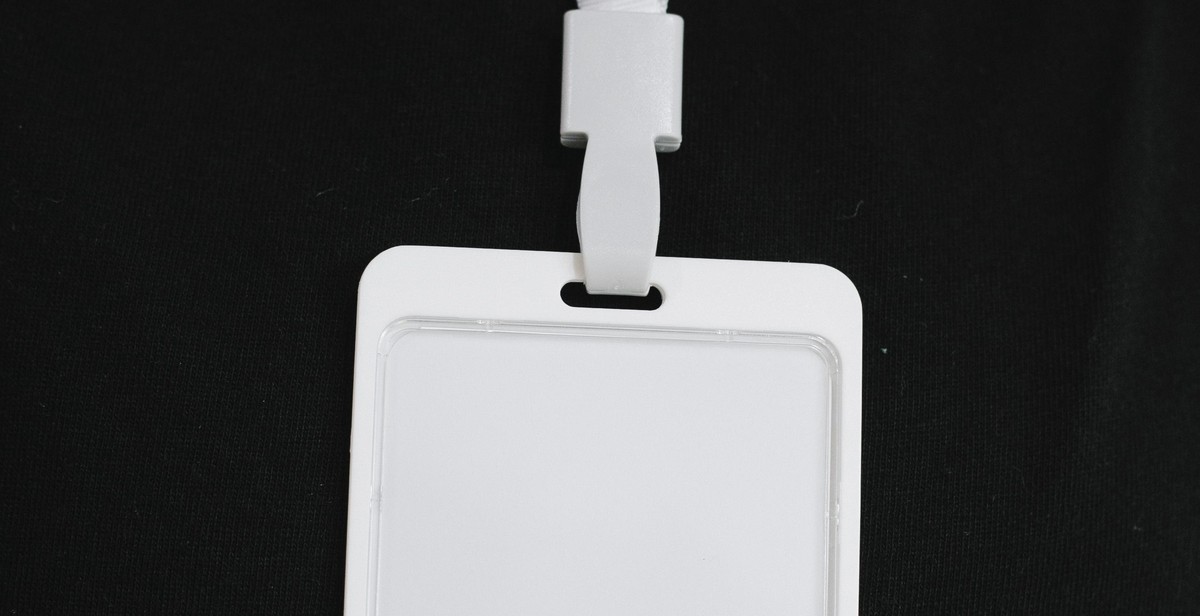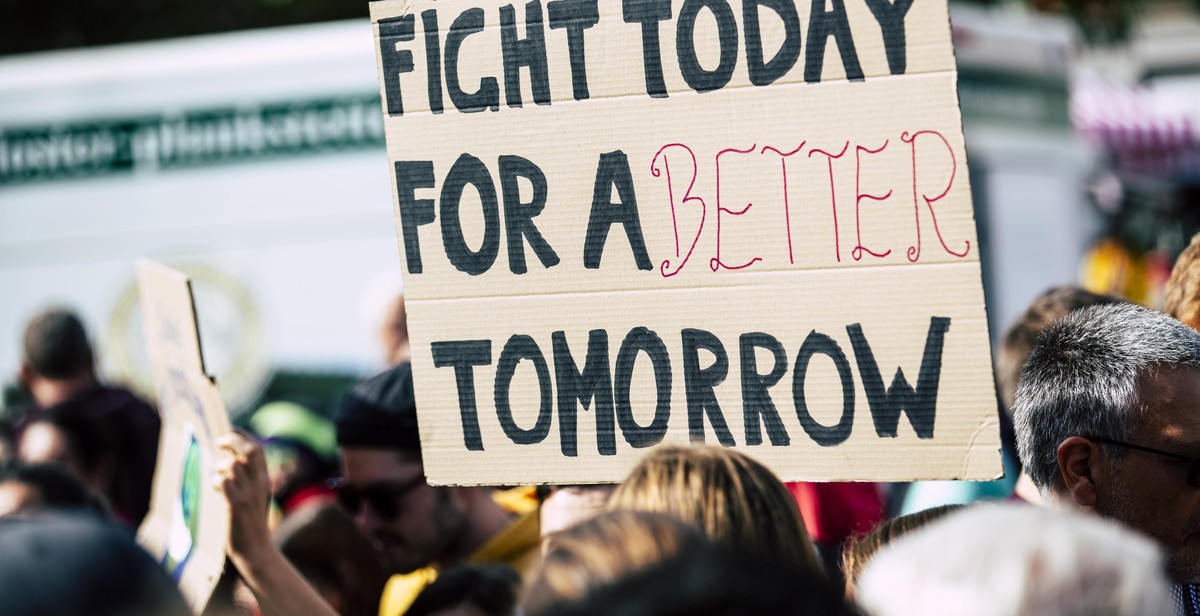How to Start a Political Podcast
Podcasting is a great way to share your thoughts and ideas with the world. It is an excellent platform for those who want to discuss different topics, and political podcasting is no exception. If you are interested in starting a political podcast, there are a few things you should keep in mind.
Why Start a Political Podcast?
Political podcasts have gained popularity in recent years. They provide a platform for discussing current events, politics, and policy issues. They also allow listeners to hear different perspectives on these topics. As a political podcaster, you can share your thoughts and opinions with others and engage in meaningful discussions.
How to Get Started
Starting a political podcast requires some planning and preparation. Here are some steps to help you get started:
- Choose a topic: Decide on a specific political topic or theme for your podcast.
- Research: Research your chosen topic and stay up-to-date on current events and news related to it.
- Equipment: Invest in good quality equipment, including a microphone and recording software.
- Hosting: Choose a reliable podcast hosting platform to upload and distribute your episodes.
- Promotion: Promote your podcast on social media, other podcasts, and relevant websites to attract listeners.
Conclusion
Starting a political podcast can be a rewarding experience. By following these steps, you can create a platform to share your ideas and engage in meaningful discussions on political topics. Remember to stay informed, invest in quality equipment, and promote your podcast to attract listeners.

Step 1: Define Your Niche
Starting a political podcast requires a well thought out plan and a clear understanding of your target audience. Defining your niche is the first step towards creating a successful political podcast.
Identify Your Target Audience
Before creating your podcast, it is essential to identify your target audience. Who are the people you want to reach with your message? What are their interests, beliefs, and values? Knowing your audience will help you create content that resonates with them, and it will also help you tailor your marketing efforts to reach them effectively.
Choose a Specific Topic
Once you have identified your target audience, the next step is to choose a specific topic for your podcast. You want to choose a topic that is relevant to your audience and that you are passionate about. It could be a specific political issue, a particular political party, or a political figure. Whatever topic you choose, make sure it is something that you can talk about at length and that your audience will find interesting.
Research Your Competitors
Researching your competitors is crucial in identifying what they are doing well and what they are not doing well. It will also help you identify gaps in the market that you can fill with your podcast. Analyze their content, their style, and their marketing efforts to gain insights that will help you create a unique and successful podcast.
By defining your niche, you will be able to create a podcast that stands out from the crowd and attracts a loyal following. Take the time to identify your target audience, choose a specific topic, and research your competitors, and you will be well on your way to creating a successful political podcast.

Step 2: Choose Your Format
Before you start recording your political podcast, it’s important to decide on the format that best suits your goals and audience. Here are some of the most common formats:
Solo or Co-Hosted
One of the first decisions you’ll need to make is whether to host your podcast alone or with a co-host. A solo podcast can be an excellent way to showcase your expertise and build your personal brand. However, having a co-host can add variety and help keep the conversation flowing.
Interviews or Panel Discussions
Another important decision is whether to conduct interviews or hold panel discussions. Interviews are a great way to bring in expert guests and provide valuable insights for your listeners. Panel discussions, on the other hand, can be more conversational and allow for multiple viewpoints to be shared.
Live or Recorded
You’ll also need to decide whether to record your podcast live or pre-record it. Live podcasts can create a sense of urgency and allow for real-time audience interaction. However, pre-recording can provide more opportunities for editing and polishing your content.
| Format | Pros | Cons |
|---|---|---|
| Solo | Easy to schedule and record, complete creative control | No one to bounce ideas off, can be monotonous |
| Co-Hosted | Variety of viewpoints, easier to keep conversation flowing | Need to coordinate schedules, potential for disagreements |
| Interviews | Insightful, valuable content, potential for networking opportunities | Need to coordinate schedules, potential for unprepared guests |
| Panel Discussions | Conversational, multiple viewpoints, can be engaging for listeners | Need to coordinate schedules, potential for disagreements |
| Live | Creates sense of urgency, real-time audience interaction | No opportunity for editing, technical difficulties |
| Recorded | Easier to edit and polish content, no technical difficulties | No real-time audience interaction, potential for procrastination |

Step 3: Plan Your Content
Once you have identified your niche and target audience for your political podcast, it is time to plan your content. This step involves creating an editorial calendar, developing a script or outline, and preparing for interviews.
Create an Editorial Calendar
An editorial calendar is a schedule that outlines the topics, guests, and release dates for your podcast episodes. It helps you stay organized and consistent with your content. You can use a spreadsheet or a project management tool to create your editorial calendar. Determine how often you want to release new episodes and plan your topics accordingly.
Develop a Script or Outline
Once you have your topics and guests lined up, it’s time to develop a script or outline for your episodes. This will help you stay on track and ensure that your content is well-structured and engaging. Decide on the format of your show, such as a solo monologue, a conversation with a guest, or a panel discussion. Write out your questions and talking points, and practice your delivery to ensure a smooth and engaging podcast.
Prepare for Interviews
If your podcast involves interviews with guests, it is important to prepare in advance. Research your guests and their backgrounds, and prepare a list of questions that will lead to interesting and informative discussions. Make sure you have the necessary equipment and a quiet space for recording your interviews.
By following these steps, you can plan and create high-quality content for your political podcast that will engage and inform your audience.

Step 4: Set Up Your Equipment
Before you start recording your political podcast, you need to make sure you have the right equipment. Here are some essential tools you will need:
Microphones and Headphones
Investing in high-quality microphones and headphones is crucial to the success of your political podcast. You need to ensure that your listeners can hear you clearly and that there is minimal background noise. Some popular microphone options include the Shure SM7B and the Audio-Technica AT4053B, while the Sennheiser HD 650 and the Beyerdynamic DT 990 Pro are great headphone options.
Recording Software or Service
You also need to choose a reliable recording software or service that will allow you to capture your podcast episodes seamlessly. Some popular options include Audacity, GarageBand, and Hindenburg Journalist. If you prefer a recording service, you can use SquadCast or Zencastr, which allow you to record audio from remote guests.
Mixing and Editing Tools
After recording your podcast, you need to edit and mix it to ensure that it sounds polished and professional. Some popular mixing and editing tools include Adobe Audition, Logic Pro X, and Pro Tools. These tools allow you to remove background noise, adjust the volume levels, and add sound effects and music to your episodes.
By having the right equipment, you can produce high-quality episodes that will keep your listeners engaged and coming back for more.

Step 5: Record and Edit Your Episodes
Now that you have your equipment set up and your content planned out, it’s time to start recording and editing your episodes. Here are some tips to help you get started:
Record Your Episode
When it comes to recording your podcast, there are a few things to keep in mind:
- Find a quiet space with minimal background noise to record in.
- Use a high-quality microphone to ensure clear audio.
- Speak clearly and at a consistent volume.
- Consider using a script or outline to keep you on track.
- Record multiple takes of each segment to ensure you have enough material to work with during the editing process.
Edit Your Episode
Editing your podcast is where you can really make it shine. Here are some tips to help you edit your episodes effectively:
- Start by trimming any dead air or unnecessary pauses to keep your episode flowing smoothly.
- Cut out any mistakes or tangents that don’t add value to your content.
- Adjust the volume levels to ensure consistent audio throughout your episode.
- Add in any music or sound effects to enhance the listening experience.
- Consider adding in a brief introduction and conclusion to give your episode a polished feel.
Remember, the editing process can take some time, so be patient and don’t rush through it. Your listeners will appreciate the extra effort you put into making each episode the best it can be.

Step 6: Publish and Promote Your Podcast
After recording and editing your political podcast, it’s time to publish and promote it to your target audience. Here are the steps to follow:
Choose a Hosting Platform
Choose a reliable and secure hosting platform to upload your podcast. Some popular hosting platforms for podcasts include Buzzsprout, Libsyn, and Podbean. Ensure that the platform you choose provides enough storage space and bandwidth for your podcast.
Submit to Directories
Submit your podcast to popular directories such as Apple Podcasts, Google Podcasts, and Spotify. This will make it easier for your audience to find and subscribe to your podcast. When submitting to directories, ensure that you provide a clear and concise description of your podcast and relevant keywords for SEO purposes.
Promote on Social Media
Use social media platforms such as Twitter, Facebook, and Instagram to promote your political podcast. Share links to your podcast episodes, engage with your audience, and encourage them to share your podcast with their followers. You can also create audiograms, short audio clips with visual elements, to promote your podcast on social media.
Measure Your Success
Measure the success of your podcast by monitoring your download and subscriber numbers. Use analytics tools provided by your hosting platform and directories to track your podcast’s performance. Use this information to improve your podcast and create content that resonates with your audience.
By following these steps, you can successfully publish and promote your political podcast to your target audience.

Conclusion
Starting a political podcast can be a rewarding experience for anyone who is passionate about politics and wants to share their opinions with the world. With the right equipment, knowledge of the political landscape, and a clear vision for your podcast, you can create a platform that engages listeners and encourages informed discussions.
Key Takeaways
- Choose a niche and unique angle to differentiate your podcast from others in the political sphere.
- Invest in quality equipment and software to produce a professional-sounding podcast.
- Research and stay informed on political topics to provide valuable insights and perspectives to your listeners.
- Promote your podcast through social media, guest appearances, and collaborations with other podcasters.
Final Thoughts
Starting a political podcast requires dedication, hard work, and a willingness to constantly learn and adapt. However, the opportunity to share your opinions and connect with like-minded individuals can be incredibly rewarding. By following the steps outlined in this guide, you can create a successful political podcast that informs, entertains, and engages listeners.
